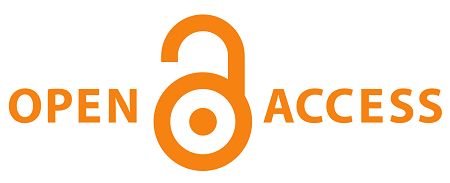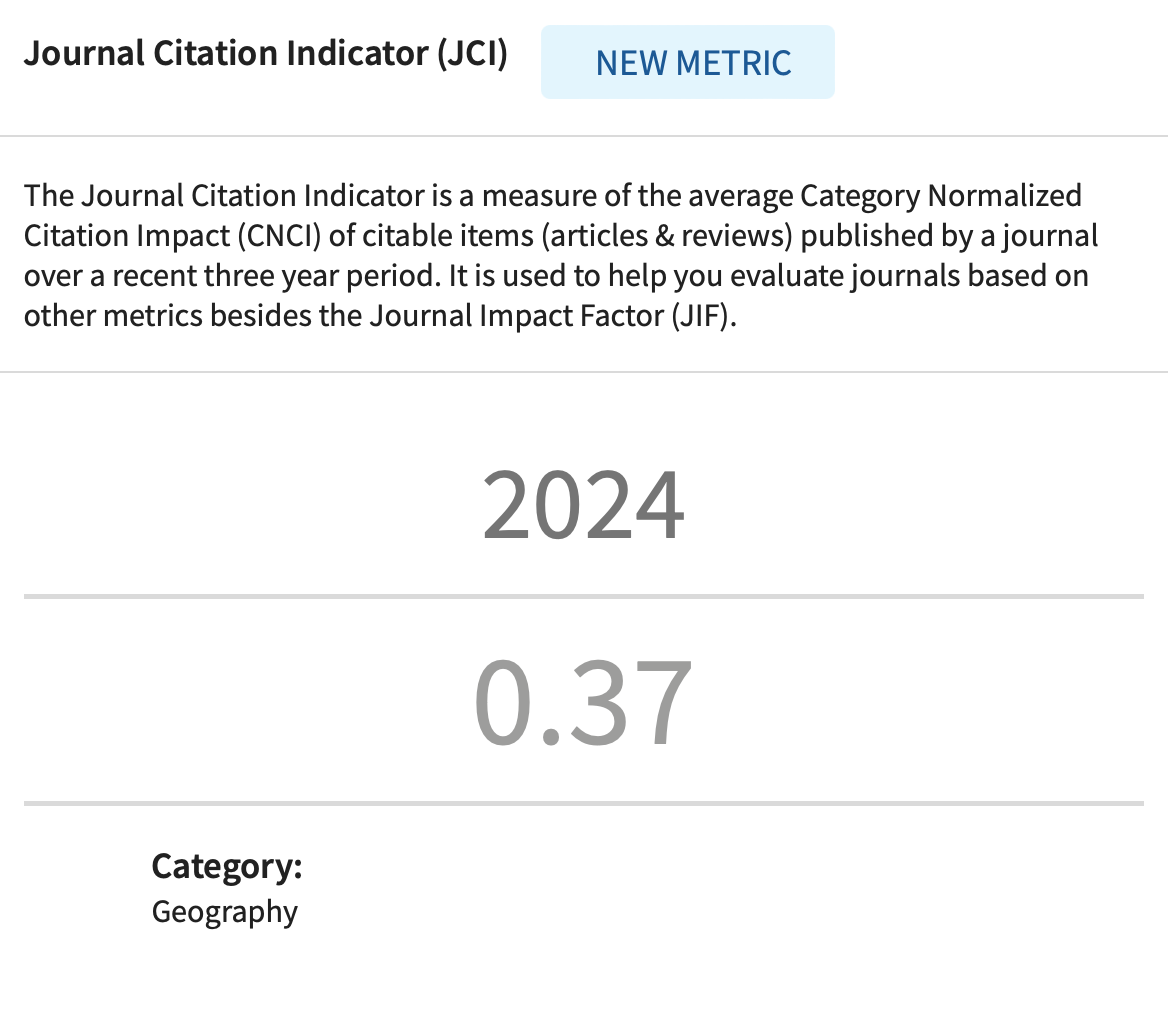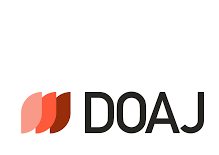Publishing Ethics
The peer review process is the predisposition of the success of scientific publishing, which is the official
stand of the Journal of the Geographical Institute „Jovan Cvijić“ SASA. As part of our commitment to the
protection and enhancement of the peer review process, Journal assist the scientific community in all
aspects of publishing ethics, especially in cases of suspected duplicate submission or plagiarism.
Journal considers incorporating techniques to detecting falsified data, e.g. manipulated photographic images or plagiarised text into their peer-review systems.
Journal requires all authors/contributors to disclose relevant statement of potential competing interests.
Journal have a duty to handle competing interests of all editorial staff and members of editorial boards.
Journal has a clear policies and systems in place to ensure that commercial considerations do not affect
editorial decisions.
Journal has a mechanism for authors to appeal against editorial decisions and handling complaints about
publication processes.
Above mentioned situations include gathering and open disscussion of Journal's Editorial board that should outcome with finding concrete measures in handling the concrete problems.
Duties of the Publisher
Publisher is committed to ensuring that advertising, reprint or other commercial revenue has no impact or influence on editorial decisions.
Publisher assist in communications with other journals and/or publishers where this is useful to editors.
Publisher is working with other publishers and associations in order to set standards for best practices on
ethical matters, errors and retractions.
Publiher is prepared to provide specialized legal review and counsel if necessary.
Duties of the Editors
• Publication decision
• Fair play
• Confidentiality
• Disclosure and Conflicts of interest
• Involvement and cooperation in investigations
The Editor of Journal of the Geographical Institute „Jovan Cvijić“ SASA is responsible for deciding which of
the articles submitted to the journal should be published. The editor may confer with other editors or
reviewers in making this decision.
An editor at any time evaluate manuscripts for their intellectual content without regard to race, gender,
sexual orientation, religious belief, ethnic origin, citizenship, or political philosophy of the authors.
Editors ensure that submissions from members of the journal’s staff or editorial board receive an objective and unbiased evaluation.
The editor and any editorial staff must not disclose any information about a submitted manuscript to anyone other than the corresponding author, reviewers, potential reviewers, other editorial advisers, and the publisher, as appropriate.
Privileged information or ideas obtained through peer review must be kept confidential and not used for
personal advantage. Unpublished materials disclosed in a submitted manuscript can not be used in an editor's own research without the express written consent of the author.
The editor is guided by the policies of the journal's editorial bord, constrained by legal requirements and
obliged to respond to particular situations regarding libel, copyright infringement and plagiarism.
Duties of the Reviewers
• Contribution to Editorial Decision
• Promptness
• Confidentiality
• Standards of Objectivity
• Acknowledgement of Source
• Disclosure and Conflicts of Interest
Peer review assists the editor in making editorial decisions and through the editorial communications with the author may also assist the author in improving the paper.
Reviewers should not consider manuscripts in which they have conflicts of interest.
Selected referee who feels unqualified to review the research reported in a manuscript or knows that its
prompt review will be impossible should notify the editor and excuse himself from the review process.
Reviews should be conducted objectively. Referees should express their views clearly with supporting
arguments. Personal criticism of the author is inappropriate.
Reviewers should identify relevant published work that has not been cited by the authors. Any statement that an observation, derivation, or argument had been previously reported should be accompanied by the relevant citation.
Any manuscripts received for review must be treated as confidential documents. They must not be shown to or discussed with others except as authorized by the editor.
Privileged information or ideas obtained through peer review must be kept confidential and not used for
personal advantage. Unpublished materials disclosed in a submitted manuscript must not be used in a
reviewer’s own research without the express written consent of the author.
A reviewer should also call to the editor's attention any substantial similarity or overlap between the
manuscript under consideration and any other published paper of which they have personal knowledge.
Duties of the Authors
• Reporting standards
• Data Access and Retention
• Originality and Plagiarism
• Multiple, Redundant or Concurrent Publication
• Acknowledgement of Sources
• Authorship of the Paper
• Disclosure and Conflicts of Interest
• Fundamental errors in published works
Authors of reports of original research should present an accurate account of the work performed as well as an objective discussion of its significance.
The authors should ensure that they have written entirely original works, and if the authors have used the work and/or words of others that this has been appropriately cited or quoted.
An author should not in general publish manuscripts describing essentially the same research in more than one journal or primary publication.
Authorship should be limited to those who have made a significant contribution to the conception, design, execution, or interpretation of the reported study. All those who have made significant contributions should be listed as co-authors, while others who have participated in certain aspects of the research should be acknowledged as contributors.
The corresponding author should ensure that all appropriate co-authors and no inappropriate co-authors are included on the paper, and that all co-authors have seen and approved the final version of the paper and have agreed to its submission for publication.
All authors should disclose in their manuscript any financial or other substantive conflict of interest that
might be construed to influence the results or interpretation of their manuscript.
When an author discovers a significant error or inaccuracy in his/her own published work, it is the author’s obligation to promptly notify the journal editor or publisher and cooperate with the editor to retract or correct the paper.
Malpractice Statement
Editors have a duty to act if they suspect misconduct or plagiarism.
Editors refer to the Publisher, Editorial and Scientific board of the troubling cases.
Editors encourage reviewers to comment on: ethical questions, possible research misconduct, possible
publication misconduct (e.g. redundant publication, plagiarism).
Editors take steps to reduce redundant publication by checking for related/overlapping papers from the same authors.
Editors have a duty to maintain the intengrity of scientific record which sometimes involve publishing
corrections and retracting articles (by publishing corrections, issuing a statement of concern, publishing a
notice of redundant publication, or in cases of serious research misconduct by warranting retraction).
Editors are periodically appointing a journal ethics panel within Editorial board in order to advise on specific cases and review journal policies.











